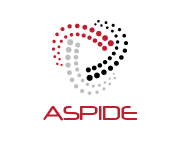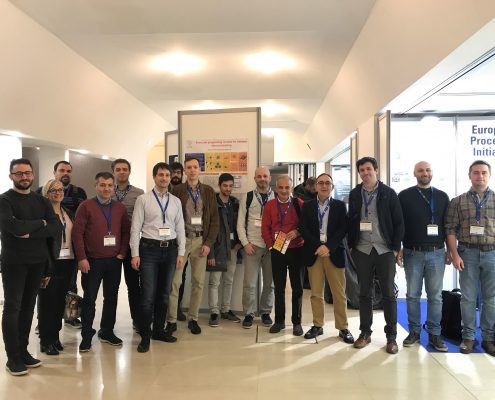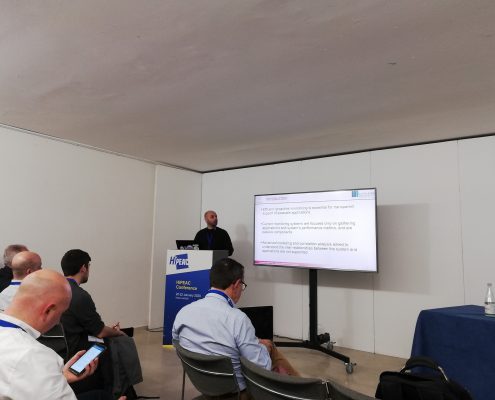Authors: Venkata Phani Kumar M (Alpen-Adria-Universität Klagenfurt), Christian Timmerer (Alpen-Adria-Universität Klagenfurt, Bitmovin) and Hermann Hellwagner (Alpen-Adria-Universität Klagenfurt)
Abstract: Video delivery over the Internet has become more and more established in recent years due to the widespread use of Dynamic Adaptive Streaming over HTTP (DASH). The current DASH specification defines a hierarchical data model for Media Presentation Descriptions (MPDs) in terms of periods, adaptation sets, representations and segments. Although multi-period MPDs are widely used in live streaming scenarios, they are not fully utilized in Video-on-Demand (VoD) HTTP adaptive streaming (HAS) scenarios. In this paper, we introduce MiPSO, a framework for Multi–Period per-Scene Optimization, to examine multiple periods in VoD HAS scenarios. MiPSO provides different encoded representations of a video at either (i) maximum possible quality or (ii) minimum possible bitrate, beneficial to both service providers and subscribers. In each period, the proposed framework adjusts the video representations (resolution-bitrate pairs) by taking into account the complexities of the video content, with the aim of achieving streams at either higher qualities or lower bitrates. The experimental evaluation with a test video data set shows that the MiPSO reduces the average bitrate of streams with the same visual quality by approximately 10% or increases the visual quality of streams by at least 1 dB in terms of Peak Signal-to-Noise (PSNR) at the same bitrate compared to conventional approaches to video content delivery.
Keywords: Adaptive Streaming, Video-on-Demand, Per-Scene Encoding, Media Presentation Description
IEEE International Conference on Multimedia and Expo. July 06 – 10, London, United Kingdom

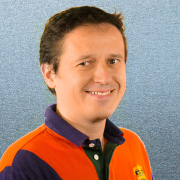

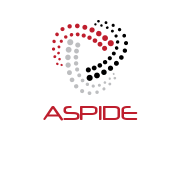
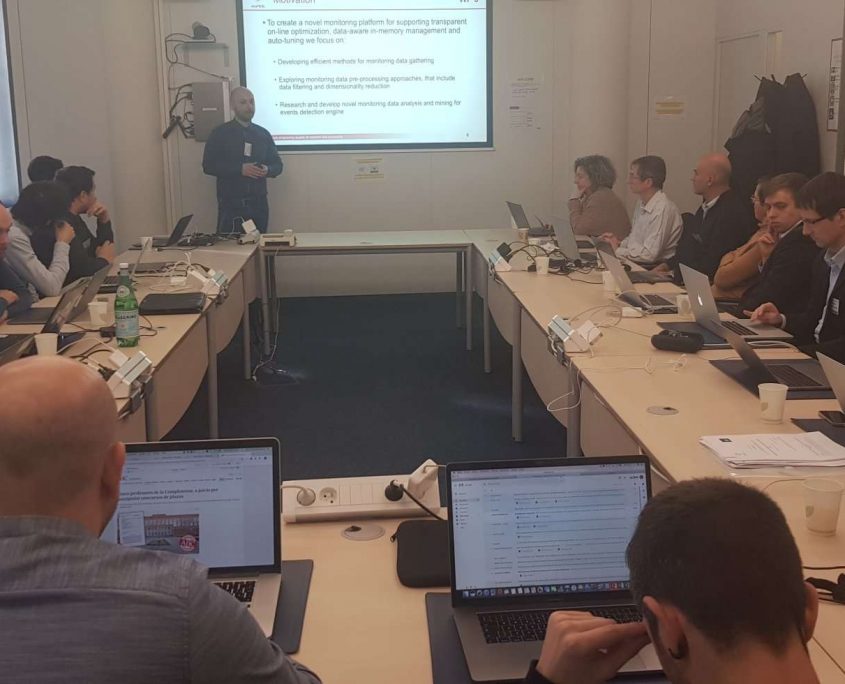

 Bitmovin, a world leader in online video technology, is teaming up with the University of Klagenfurt, Institute of Information Technology (ITEC) and the Austrian Federal Ministry of Digital and Economic Affairs (BMDW) in a multi-million Euro research project to uncover techniques that will enhance the video streaming experiences of the future. The joint project establishes a dedicated research team to investigate potential new tools and methodologies for encoding, transport and playback of live and on-demand video using the HTTP Adaptive Streaming protocol that is widely used by online video and TV providers. The resulting findings will help empower the creation of next-generation solutions for higher quality video experiences at lower latency, while also potentially reducing storage and distribution costs.
Bitmovin, a world leader in online video technology, is teaming up with the University of Klagenfurt, Institute of Information Technology (ITEC) and the Austrian Federal Ministry of Digital and Economic Affairs (BMDW) in a multi-million Euro research project to uncover techniques that will enhance the video streaming experiences of the future. The joint project establishes a dedicated research team to investigate potential new tools and methodologies for encoding, transport and playback of live and on-demand video using the HTTP Adaptive Streaming protocol that is widely used by online video and TV providers. The resulting findings will help empower the creation of next-generation solutions for higher quality video experiences at lower latency, while also potentially reducing storage and distribution costs.